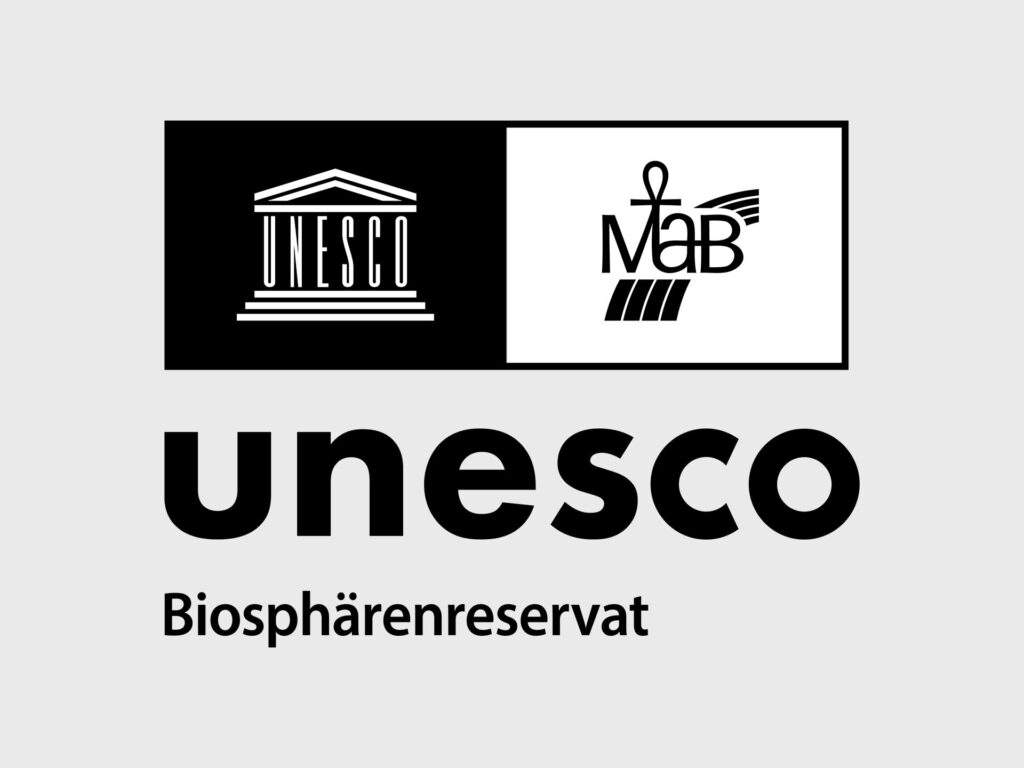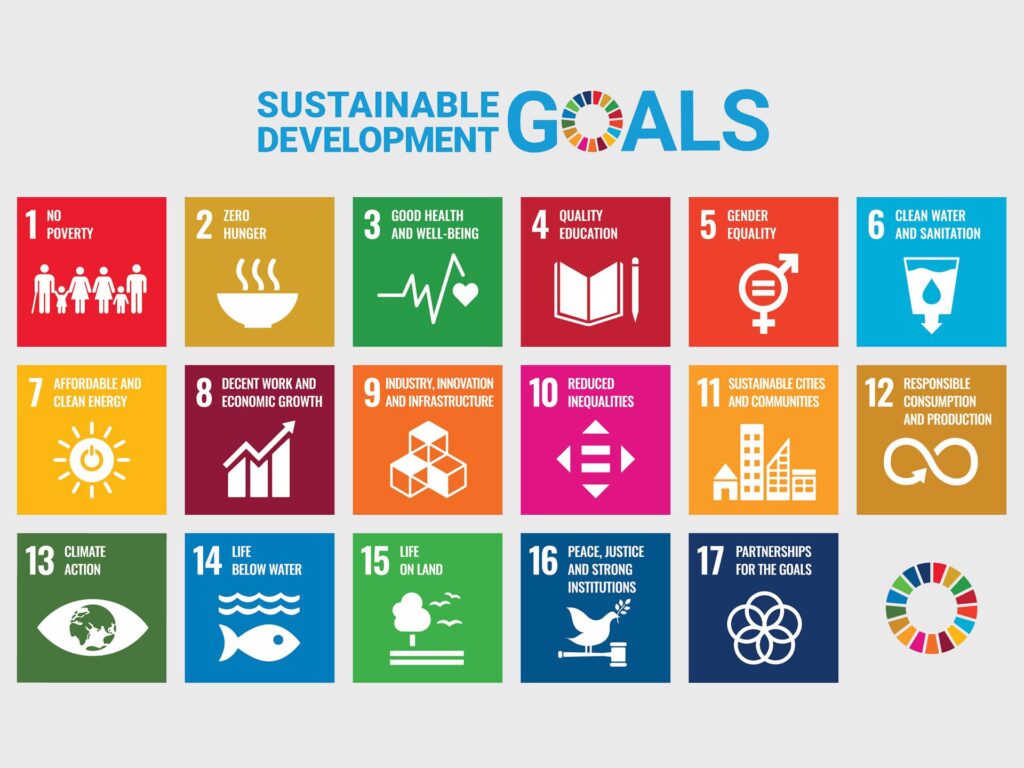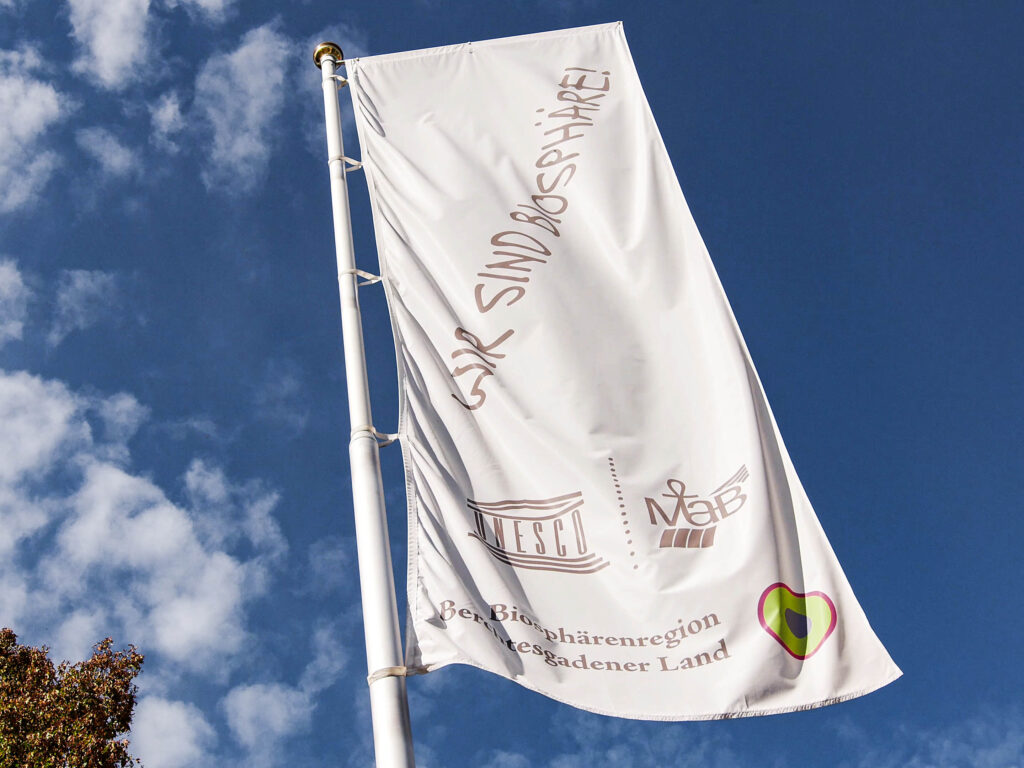Mission and Goals
What goes along with the UNESCO Award

UNESCO Award
Lima Action Plan
An essential foundation for the work in biosphere reserves is the UNESCO program ‘Man and the Biosphere’ (MAB), which has been the first global program to deal with relations between man and the environment starting as early as 1970. The Lima Action Plan, adopted in 2016, translates the goals of the MAB program into 60 concrete actions that are intended to strengthen individual biosphere reserves as well as the World Network of Biosphere Reserves. By the year 2025, these measures are to be implemented and increasingly brought to people’s attention. The MAB program is constantly developed and updated.
Most important measures
- Conservation of biological diversity
- Supporting sustainable use of natural resources
- Strengthening sustainable, healthy and fair societies and economies
- Promotion of attractive villages and cities
- Advancing research, education and knowledge transfer on sustainability issues
- Supporting and shaping climate protection and adaptation strategies to climate change
- Active participation in the UNESCO world network of biosphere reserves
World Network of Biosphere Reserves
Award of international standing
The World Network of Biosphere Reserves dates back to the Man and the Biosphere (MAB) program launched by UNESCO in 1970. The aim was to designate representative landscapes as model regions for the conservation of natural resources, sustainable economic development, education and research. The objectives and functions of biosphere reserves are defined in UNESCO’s international guidelines. Regions can apply to be recognized as biosphere reserves by UNESCO if they meet certain criteria. Mandatory in each biosphere reserveis a three-part zoning with graded intensity of land use and different functions.
The recognition by UNESCO entails many advantages. It includes not only opportunities for nature, economy and society associated with the high credibility of the UNESCO designation, but also easier access to national and international funding and the possibility of exchange with other regions within the world network of UNESCO biosphere reserves. There are currently 738 biosphere reserves in 134 countries worldwide, with a wide variety of focal points. Each country participating in the MAB program establishes a committee that acts as a link between international and national levels. This is usually a national committee. The German national committee is chaired by the Federal Ministry for the Environment, Nature Conservation and Nuclear Safety (BMU) and managed by the Federal Agency for Nature Conservation (BfN).

Sustainable Development Goals - SDGs
We are Biosphere

What the biosphere reserves are already achieving on a regional, national and international level is impressive in every respect: They are the 'caretakers' that ensure that the sustainable development goals of the 2030 Agenda reach the people in a realistic and practical way. For this reason, cooperation with the society and support from politics is essential.
Prof. Dr. Maria Böhmer